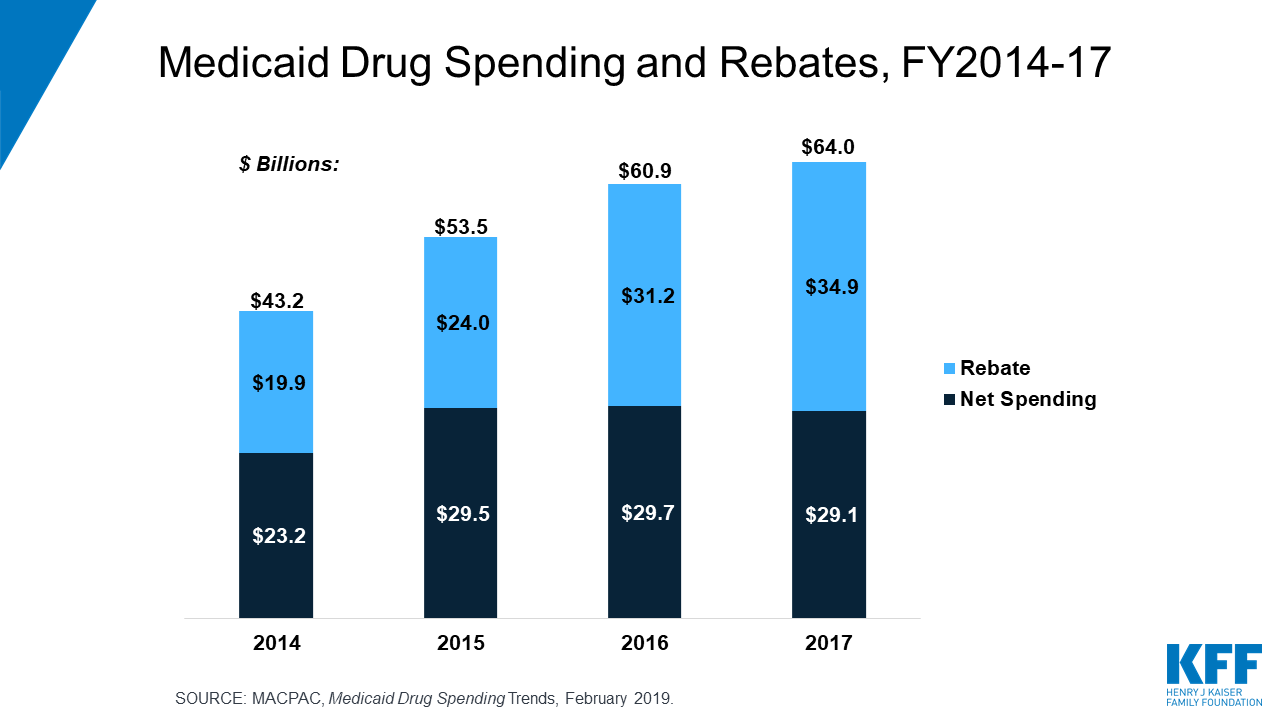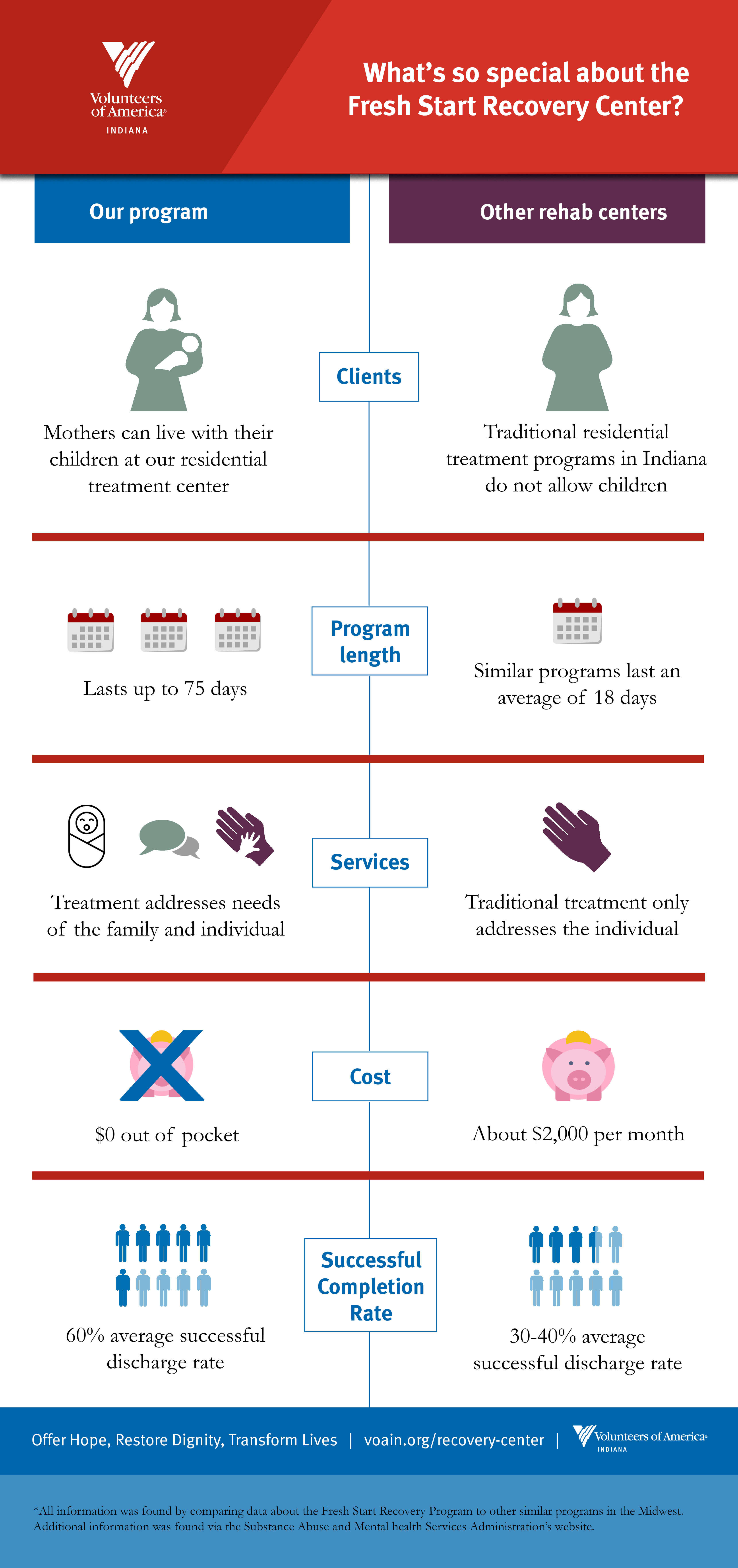The Single Strategy To Use For How Can Family Members Help Drug Addiction
Physical, emotional, or verbal abuse can end up being methods in order to continue using or drinking. The cycle repeats over and over as tension installs, and ultimately can boil over. Sincerity and open interaction are two secrets when it pertains to a healthy relationship however neither of those behaviors tends to be discovered when it pertains to addiction.
It's tough not to feel like drugs are winning and your relationship is losing. So typically our addiction treatment professionals hear: When you love someone who is addicted, you might reach the point that you issue the ultimate risk: "It's drugs or me." You anticipate they'll select you after all, anyone who actually loves you wound dump the drugs, right? The truth is, however it's not that simple.
His/her desire to continue using isn't about love or household it's about a mental and physical urge that can be harmful and fatal to just stop. Your addicted liked one will choose drugs over EVERYTHING not just his or her relationship or family. Drugs will come before good friends, tasks, chance, food, personal hygiene.
The smart Trick of What The Bible Says About Drug Addiction That Nobody is Talking About
Your enjoyed one can't make healthy decisions if she or he is actively addicted to drugs but you can. As long as you like and deal with an addicted person, you need to get aid and support for yourself. Deal love and support to yourself and use as much love and assistance to your enjoyed one as you feel comfortable/ Your relationship isn't losing, since the instructions you take is your choice.
Dependency is a persistent disease that has the prospective to adversely impact a person's life and health. One of the casualties of a fight with dependency is the trail of damaged relationships it leaves in its wake. With the right kind of help, repairing relationships after addiction is possible. When someone in the family establishes a drug abuse issue, it does not entirely affect them.
This illness has the prospective to hinder typical domesticity and routines. A person living with a dependency might behave in an unpredictable way, depending on whether they are sober, drunk or high, or recovering from a time when they were drinking or utilizing drugs. Somebody who remains in the throes of an active dependency might lie about how much they are drinking, how lots of drugs they are taking or perhaps that they are taking drugs at all - how to treat drug addiction at home.
How To Get Help For Drug Addiction Without Money Fundamentals Explained
Relative might likewise react to an enjoyed one's addiction by stepping in to help. Their intentions might be for the very best of intentions, a minimum of initially. It can take some time for a family to realize that they are handling an enjoyed one who has established an addiction to drugs or alcohol.
Addicts can be great at convincing member of the family that an episode where they were under the impact was an isolated one and that it will never ever take place again." Regrettably, when it comes to somebody who is dealing with a dependency, it always occurs again. Not everybody in the household will agree with trying to help the addicted relative.
When relative disagree about the best way to handle someone who has a dependency concern, conflict takes place and the person with the dependency is delegated continue drinking or using drugs while the discussion or arguing goes on. The addict recognizes that as long as the household remains in chaos, they'll have the ability to feed their dependency reasonably undisturbed.
Indicators on What Is The Difference Between Drug Abuse And Drug Addiction You Need To Know
Addiction is, regrettably, all too typical today. Households handling a loved one having a hard time with this chronic illness may feel as though they are on their own, but these statistics might https://t.co/snEGkIZd3g#bulimia-treatment-delray assist to put the problem into a various point of view. Of this number, about 1. 9 million people developed a dependency to prescription pain medications and 586,000 had an addiction to heroin.
In 2013, the number of Americans either reliant on alcohol or had issues connected to alcohol usage was 17. 3 million, according to the National Survey on Substance Abuse and Health (NSDUH). The key to healing from dependency and reconstructing trust after the addict in your family has injured all of you, let you down, dissatisfied you and triggered mayhem more times than you can count is an alcohol and drug treatment program.
Part of this process is assisting addicts pertain to terms with the truth that their lives don't immediately progress once they stop using chemicals. Clients in recovery have to take obligation for and handle, the aftermath of events which happened while they were still utilizing drugs or alcohol.
Get This Report about Which Of The Following Does Not Lead To Addiction? Drug Use Alcohol Consumption Smoking Obesity
While in a drug and alcohol treatment center, the personnel and therapists can assist customers utilizing a number of different techniques. A recently sober client might be feeling favorable about the development they have actually made in early sobriety and all set for a new beginning in a relationship. They may not be focused on the past, where there likely was a pattern of a number of years of unfavorable behavior in the relationship.

Any action taken toward rebuilding the relationship is a triumph, and these small actions need to be commemorated. After a pattern where trust has been betrayed (and most likely numerous times), reconstructing it is going to be a prolonged procedure. Somebody who is coping with a dependency will always put feeding their disease first.
This pattern is likewise used to conceal the addiction (or the extent of it) from others to keep it going (how to help a loved one with drug addiction). Communication is a two-way street, and it consists of both talking and listening. Numerous people, when they are listening to somebody else speak, are not really hearing what the other person is saying.
The 25-Second Trick For How To Help A Friend With Drug Addiction
This is not truly the very best environment in which to have a healthy discussion. During treatment, a customer will be able to learn reliable ways to communicate with others and how to genuinely listen to what another individual is saying. There are healthy methods to handle conflicts that don't wind https://goo.gl/maps/2za2BjTNV7EcRxLW8 up with someone sensation as though they "need" to ignore by using drugs or having a beverage.
Buddies and household will feel more comfy about revealing themselves straight if they feel they will be heard. Efficient interaction methods lower the risk of getting into petty conflicts and teach customers what to do if the discussion gets too heated. They'll learn methods for either diffusing the scenario by altering the subject or by withdrawing from the discussion without enabling it to intensify.
The bad ones will not contribute to a healthy recovery. In fact, they'll wind up doing simply the opposite they'll become a factor for a client to start to slip toward a relapse. Individuals in a customer's life who are still utilizing drugs and alcohol no longer have a location in his/her life.

Everything about What Is Drug Abuse And Addiction
Codependent people present another problem for customers in healing. Some member of the family can take on a role where they "need" to look after the individual with the dependency and wish to protect them from the effects of their actions - what does god say about drug addiction. When a client moves into recovery and is learning to take obligation for their own actions from the past and to move on in a chemical-free lifestyle, there is no space for someone to be making reasons for them anymore.
